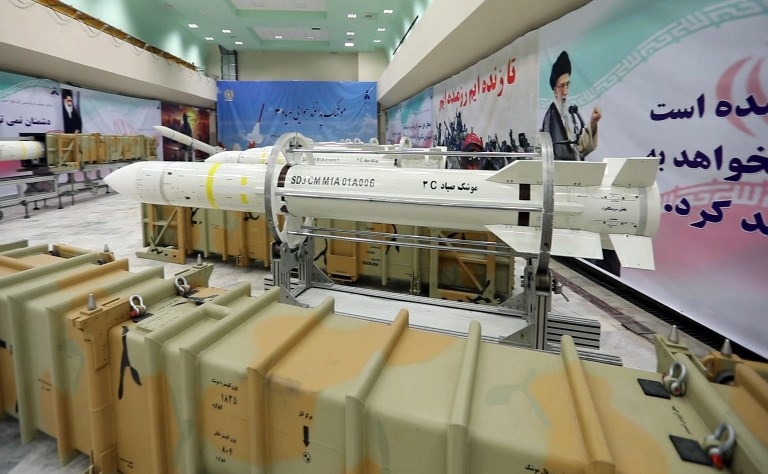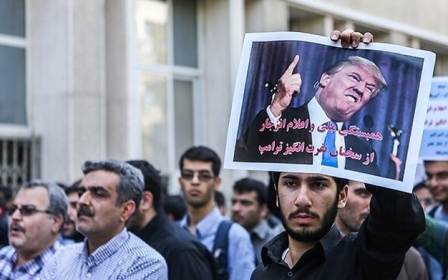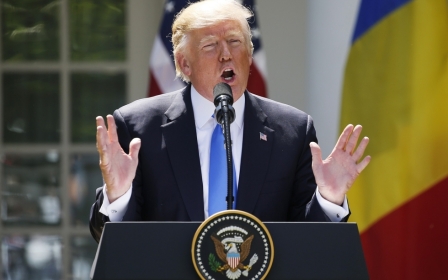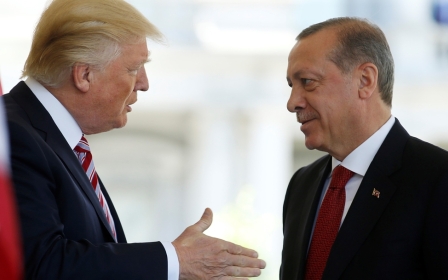Rouhani says Iran will continue to produce missiles

Iran will continue to produce missiles for its defence and does not consider that a violation of international accords, President Hassan Rouhani said on Sunday in a speech broadcast on state television.
Rouhani spoke days after the US House of Representatives voted for new sanctions on Iran's ballistic-missile programme, part of an effort to clamp down on Tehran without immediately moving to undermine an international nuclear agreement.
"We have built, are building and will continue to build missiles, and this violates no international agreements," Rouhani said in a speech in parliament.
"We will produce any weapons of any kind that we need and stockpile it and use it at any time to defend ourselves," Rouhani said.
The United States has already imposed unilateral sanctions on Iran, saying its missile tests violate a UN resolution that calls on Tehran not to undertake activities related to missiles capable of delivering nuclear weapons.
We will produce any weapons of any kind that we need and stockpile it and use it at anytime to defend ourselves
- Iranian President Hassan Rouhani
Iran denies seeking nuclear weapons and says it has no plans to build nuclear-capable missiles.
Rouhani also criticised the United States over President Donald Trump's refusal earlier this month to formally certify that Tehran is complying with the 2015 accord on Iran's nuclear programme, even though international inspectors say it is.
"You are disregarding past negotiations and agreements approved by the UN Security Council and expect others to negotiate with you?" Rouhani said.
"Because of the behaviour it has adopted, America should forget any future talks and agreement with other countries," Rouhani said, referring to unnamed countries in East Asia, an apparent reference to North Korea.
US Defense Secretary Jim Mattis said on Saturday that he could not imagine the United States ever accepting a nuclear North Korea, and he stressed during a week-long trip to Asia that diplomacy was America's preferred course.
New MEE newsletter: Jerusalem Dispatch
Sign up to get the latest insights and analysis on Israel-Palestine, alongside Turkey Unpacked and other MEE newsletters
Middle East Eye delivers independent and unrivalled coverage and analysis of the Middle East, North Africa and beyond. To learn more about republishing this content and the associated fees, please fill out this form. More about MEE can be found here.




